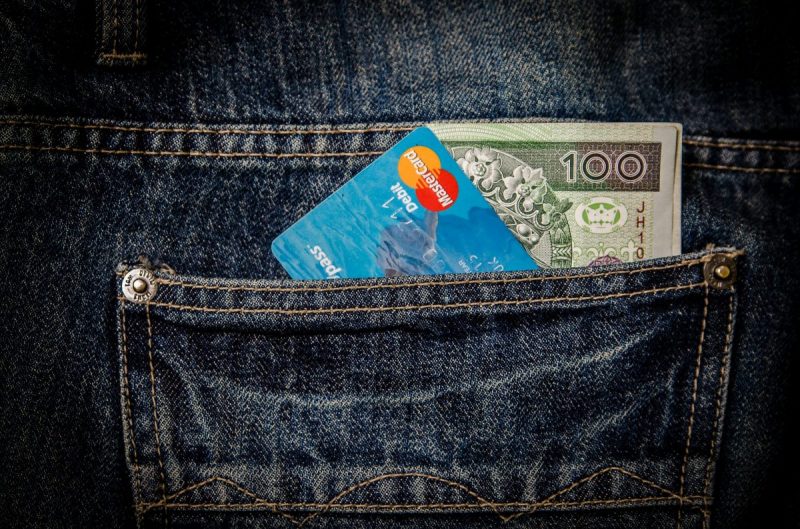There is no better time to improve your bad credit history than now. Repairing your credit card history is pretty easy if you are determined to do so, and it does not take a long time to do so if you know what you’re doing.
If you are stuck in this particular situation and looking for ways to get out of it, here is a simple process to repair and improve your credit score.
You don’t have to live with debt or a low credit score forever; you can make simple adjustments to your lifestyle and habits to get you where you want to be.

Pay Past Due Debts
Your credit history is usually affected by your payment history. Often, late payments are the biggest enemy of your credit score because they count for up to 35 percent of your FICO score. In case you have any accounts that are more than 60 days late, make the payment to avoid them affecting your credit.
In case you have any charge-offs or collections on your accounts, try and negotiate with debt collectors or creditors to have them removed. However, the information will remain, but you can also pay to have it deleted.
Work on Your Student Loan Default
In most cases, a student loan default is never permanent. It’s essential to talk to your lender and identify all your payment options to take them out of default. This step can move you towards your goal of repairing your bad credit history.
However, this does not have to happen instantly. It takes a few months of making timely payments before your loan becomes current. Unless otherwise, you might even have to apply for a student loan forgiveness program.
Open Another Account
Yes, another option to repair your credit history is by opening another account. Provided there is no balance on that card, and the available limit automatically increases by the card’s limit. However, go for a card that doesn’t come with an annual fee, and the best place to get it is where you have an account already.
Mostly, cards with no annual fees charge higher interest rates, but if you have zero balance after each month, then there is no need to worry about the interest rate. However, be smart, as the point is not to access more cash but rather, to improve your credit history.
Pay All Unpaid Judgements
If you have any unpaid judgments, pay them off. Up until then, your credit score will keep being affected until you clear or wait for the seven years to pass. Depending on the state you live in, you might also have to wait after the statute of limitations.
Clear All Outstanding Balances
Usually, you cannot borrow money if you have a bad credit history. Those are the things that lenders typically look at first thing. It might be tricky to pay off all your balances to increase your credit history on such short notice, but make it part of your long-term financial plan.
This will help you to increase not only your credit score but also reduce your interest rate. So, as you make your financial plans, paying debts should come first, as this will help you borrow money in the future in case an emergency strikes.
Conclusion
Repairing your bad credit history is doable and can be done if you are disciplined enough and follow the right steps. Follow the above steps, and you will live a healthy financial life within no time.
Whether you have to pay off past debts, clear out your student loan balances, or just find a way to exceed your minimum payment from time to time, there is a way to succeed.
